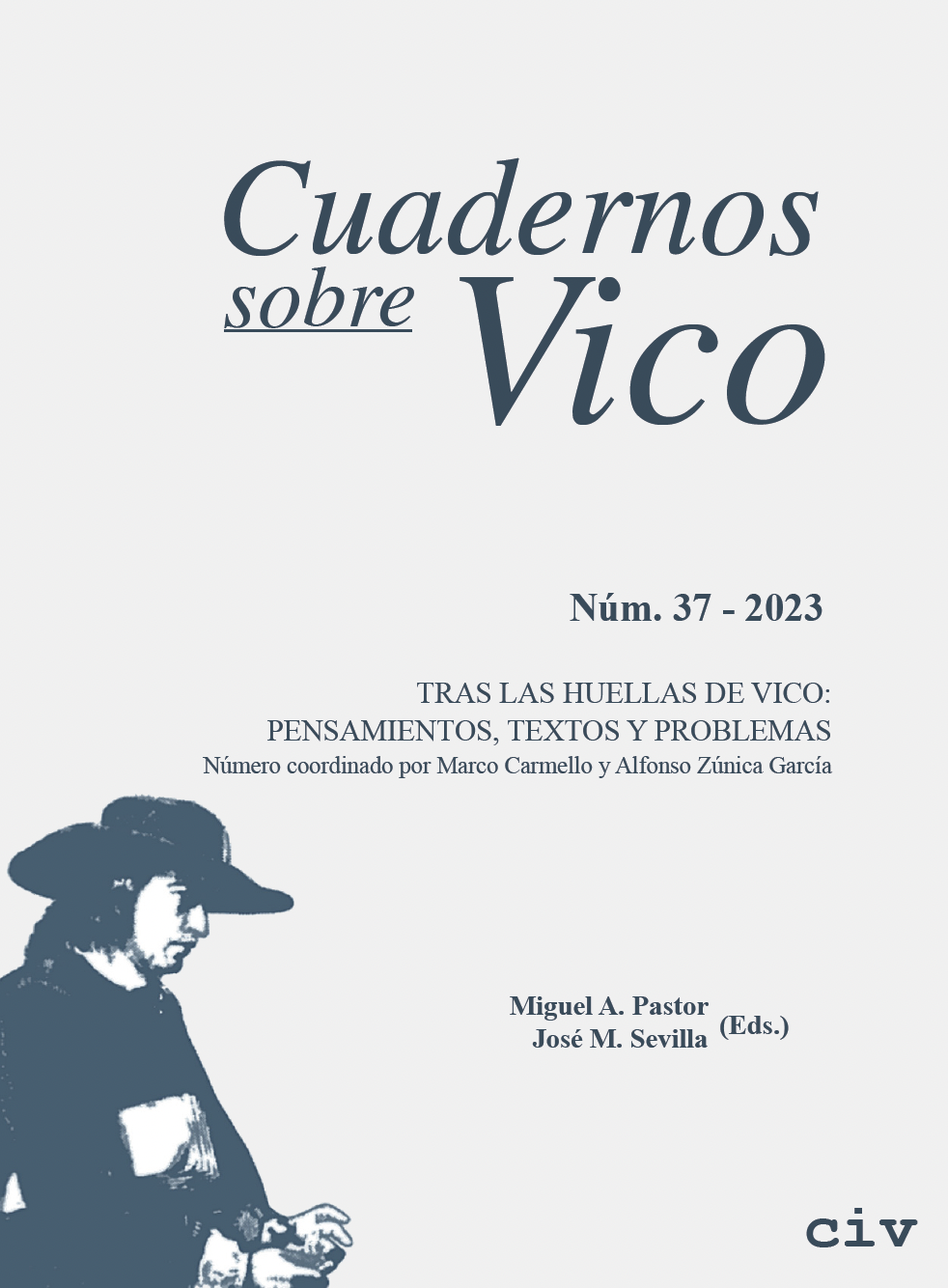Abstract
This paper sets out to determine a criterion with which to interpret in a global way the development of Giovanni Gentile's thought. His characterisation as a neo-Hegelian thinker does not give an account of the global meaning of his philosophy, nor of his effective points of departure, nor of the thinkers with whom he directly measured himself. The work shows that, with Donato Jaja, his university professor, the idealist tradition initiated by Bertrando Spaventa definitively separates itself from the interpretation of Hegel and constitutes itself as an autonomous tradition. In this sense, we seek to specify the characteristic features of Gentile's philosophical personality within this tradition and we conclude that Vico played a central role in it.

